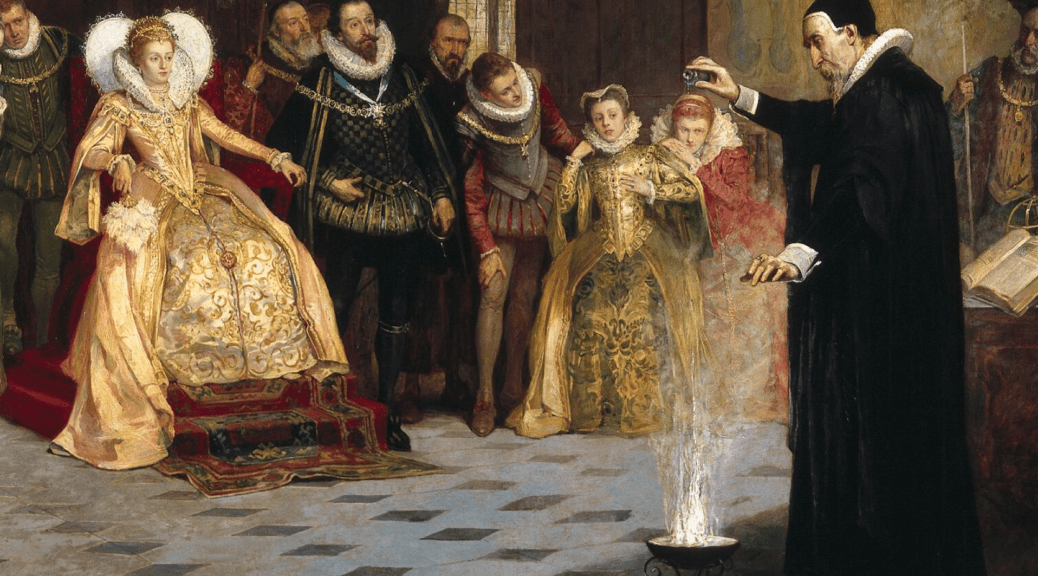
This episode features Anton Howes of Brown University. He is a historian of innovation, and in this conversation we discuss his work on the explosion of innovation that occurred in Britain between 1551 and 1851. You can check out his Medium blog for some of the articles we discuss.
Anton has collected a data set of over 1,000 British innovators who worked during this period. He has documented their education, their experience, and their relationships with one another. Some of the interesting patterns that emerge in his data are the large fraction of innovators who developed technologies in industries outside of their areas of expertise, as well as the high degree of interconnectedness between innovators. (more…)
Subscribe to Economics Detective Radio on iTunes, Android, or Stitcher.
The post Innovation, Invention, and Britain’s Industrial Revolution with Anton Howes appeared first on The Economics Detective.

